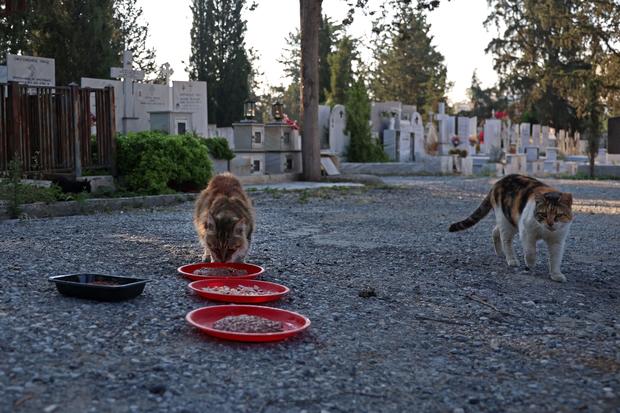Nico Hines
Thu, August 10, 2023

REUTERS
LONDON—Switzerland is roiled by controversy after getting called out by a U.S. government agency for falling for a plot orchestrated by notorious Trump Tower lawyer Natalia Veselnitskaya.
“Switzerland is fighting for its reputation,” wrote Swiss newspaper of record Neue Zürcher Zeitung.
The fallout comes after the U.S. Helsinki Commission wrote to Secretary of State Antony Blinken suggesting that three Swiss nationals—two ex-prosecutors and one former law enforcement official—should be sanctioned by the U.S. “These individuals have abetted Russian nationals sanctioned under the Magnitsky Act,” the letter read.
Veselnitskaya, the pro-Kremlin lawyer who attended an infamous meeting with Donald Trump Jr. and Jared Kushner in 2016, held secret talks with one of the men—Vinzenz Schnell—while he was supposed to be investigating the Magnitsky affair, one of the world’s most notorious frauds, which Veselnitskaya was tasked with covering up.
One of the Schnell-Veselnitskaya summits took place in Moscow on an illicit trip to Russia bankrolled by the Russians. Schnell, who was a consultant to the Swiss Federal Prosecutor’s Office at the time, was eventually fired and convicted when it emerged that he had been gifted multiple luxury vacations, including a bear hunting escapade, all while he was in a key position investigating the case against a network of Russians who had funneled some of the stolen $230 million into Swiss bank accounts.
During one of these trips to the picturesque Lake Baikal he was photographed with Switzerland’s attorney general Michael Lauber and prosecutor Patrick Lamon—the other two men targeted by the Helsinki Commission—along with senior Russian officials.
Despite Schnell’s conviction—and the details of Veselnitskaya’s influence campaign being aired in open court—Switzerland decided to return 80 percent of the funds that had been frozen by the authorities to sanctioned Russians, as first reported by The Daily Beast.
Swiss Will Send Millions to Sanctioned Russians After Veselnitskaya Plot
The Helsinki Commission’s suggestion that former Swiss officials should be sanctioned has called into question Switzerland’s reputation for the rule of law.
The Luzerner Zeitung newspaper this week bemoaned the way the Swiss justice system had handled the fraud. “Switzerland is under international pressure because of its strange investigations into the Magnitsky case,” the paper wrote, under the headline This Fatal Proximity to Russia.
The Neue Zürcher Zeitung on Sunday wrote about “panic” in the Swiss government, and the Watson website explained: “Switzerland investigated in a way that made it vulnerable to international attack—and which is now costing it dearly.”
The letter from Helsinki Commission chairman Rep. Joe Wilson (R-SC) and ranking member Rep. Steve Cohen (D-TN), dated July 27, made it clear that the apparently tainted Swiss investigation into the Magnitsky affair came to a totally different conclusion than the U.S. government.
“These findings are in direct contradiction to the findings of our government and many of our allies. The Swiss Federal Prosecutor’s Office repeated verbatim the statements they received from the Russian government,” they wrote.
Bill Browder has led a global campaign for justice since tax lawyer Sergei Magnitsky was abused and left to die in a Russian jail cell after uncovering the massive fraud. “Switzerland has had a long and shady history of providing secret accounts, looking after dictators’ money and hiding Nazi gold. It seems that since Putin’s murderous invasion of Ukraine, they are adding to its negative reputation by returning dirty money to sanctioned Russian gangsters amid a worldwide effort to starve Putin of his financial resources,” he told The Daily Beast.
Switzerland—the famously neutral banking hub—has largely tried to stay out of the global movement to pressurize President Vladimir Putin for launching an invasion against Ukraine. The Swiss—who are not members of NATO—did go along with European Union sanctions on Russia but they still refuse to re-export arms to Ukraine, citing their neutrality.
Washington’s pressure over Magnitsky is part of a squeeze on Bern to take more responsibility. In the words of Switzerland’s SRF network: “The pressure from the U.S. on Switzerland is increasing.”










